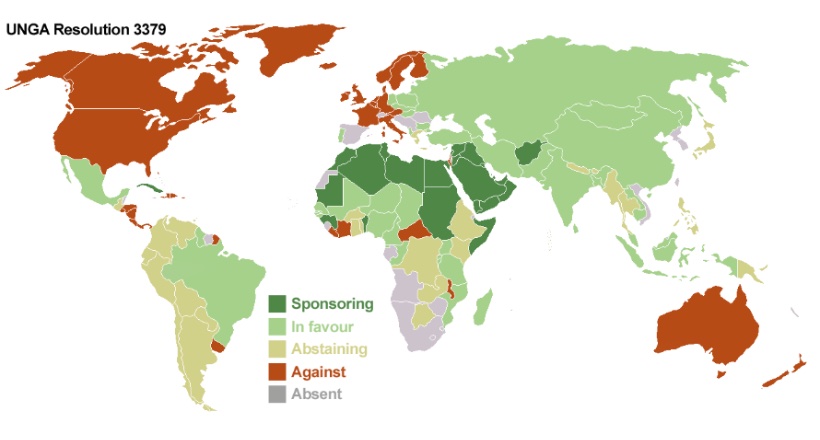Tu BiShvat — New Year of the Trees
Photo: CHAIYARAT / Shutterstock.com

This evening, January 24, the holiday of Tu BiShvat began, which will last all day tomorrow. It coincides with the time when trees in Israel awaken from their winter slumber. Tu BiShvat, or ‘Rosh HaShanah La’Ilanot’ in Hebrew, translates to ‘New Year of the Trees.’ It is a national Jewish holiday traditionally celebrated in Israel and Jewish communities around the world, deeply rooted in history. According to the Midrash (a section of the Oral Torah), trees, seeing that God had given humans a New Year’s holiday, felt slighted and asked for a similar day for themselves. Thus, the 15th day of the winter month of Shevat became the holiday known to us as Tu BiShvat. In 2022, this date falls on February 6th. Tu BiShvat marks the boundary between the old and new fiscal year for fruit-bearing trees. According to the Torah, Jews were required to give a tenth of the fruit harvest each year as a gift to the priests at the temples or to the poor. Tu BiShvat is considered the day that determines to which year the fruits belong. If the fruit set before this date, they are considered fruits of the outgoing year.
Today, the traditions of celebrating Tu BiShvat have been renewed. In 1908, the Union of Jewish Teachers established a new tradition for this holiday—the planting of young trees. A little later, the Jewish National Fund supported and developed this tradition. Since then, it has become customary on this day in Israel and Jewish communities around the world to plant new trees.
Traditionally, a festive family dinner is held on Tu BiShvat. The main dishes are fruits grown in the lands of Israel. It is customary to place seven fruits on the table for Tu BiShvat: wheat, barley, olives, grapes, dates, figs, and pomegranates. The fruits do not have to be fresh. Grapes, dates, and figs can be served as dried fruits. Olives can be canned or as olive oil. Pomegranate can be replaced with juice. Wheat and barley are served as cookies and crackers or cooked as porridge. This year’s celebration of Tu BiShvat is overshadowed by HAMAS’s terrorist attack on Israel, military actions in the Gaza Strip, and the fate of hostages held captive. Tree plantings began long before the holiday and took place in different areas of the country, including the forest near Kibbutz Be’eri, which was affected by the events of October 7th. A new section of the forest was planted in memory of all those who have fallen at the hands of terrorists.





